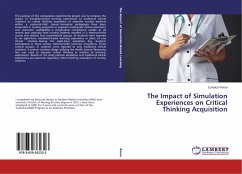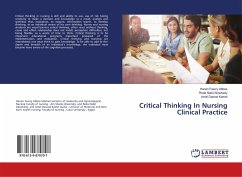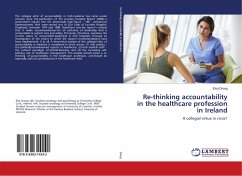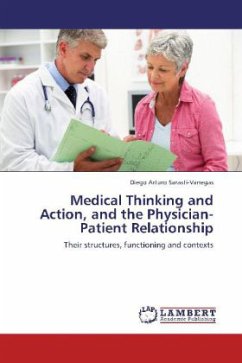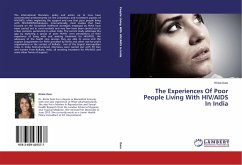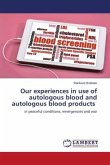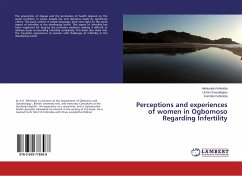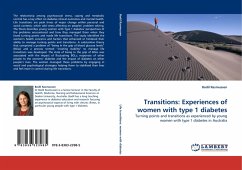The purpose of this comparative experimental project was to compare the impact of simulation-based learning experiences to traditional clinical rotations on critical thinking acquisition of associate nursing students within a maternal-child course. Innovative pedagogies have been integrated in nursing programs to augment inadequate clinical placement and instructor availabilities. A longitudinal convenience sample of 45 second year associate level nursing students enrolled in a maternal-child course was utilized. Four experimental groups, 24 students were exposed to an eight-hour simulation-based learning experience in place of one clinical rotation. During the eight-hour simulation day, students participated in three various maternal-child centered simulations. Three control groups, 21 students were exposed to only traditional clinical rotations. A pretest, posttest design utilizing the Health Science Reasoning Test was used to measure critical thinking in relation to learning experiences. Results of the study indicate simulation and traditional clinical experiences are equivocal regarding critical thinking acquisition of nursing students.
Bitte wählen Sie Ihr Anliegen aus.
Rechnungen
Retourenschein anfordern
Bestellstatus
Storno

